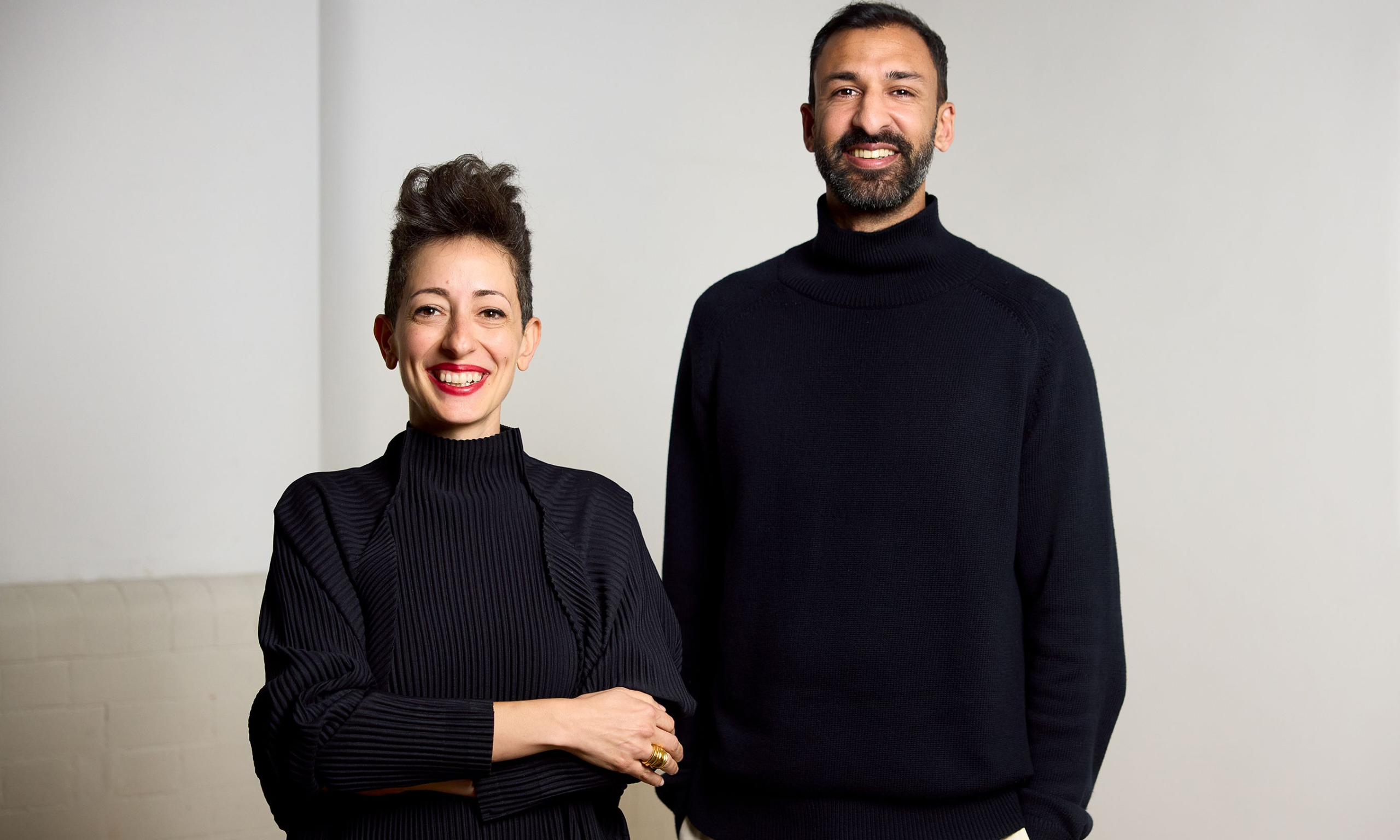Left to Right: Lina Ghotmeh and Asif Khan, who have been announced as the architects of AlUla's contemporary art museum and Incense Road museum respectively Photo: Royal Commission for AlUla
The rapid development of the AlUla heritage region in north western Saudi Arabia continues apace with the launch of two major museums: a contemporary art institution and a museum dedicated to the Incense Road. Khaled Azzam, the architect of AlUla’s Journey Through Time arts masterplan, said the two museums were the first of “15 cultural assets” in development as part of the 15-year plan.
The Royal Commission for AlUla, the Saudi government cultural body led by the country’s de facto ruler, Crown Prince Mohammed bin Salman, announced that the contemporary art museum will be designed by the Paris-based architect Lina Ghotmeh; the Incense Road Museum will be designed by the London-based architect Asif Khan. Ghotmeh has designed the 2023 Serpentine Pavilion in London, due to be unveiled in June.
According to The National newspaper, Iwona Blazwick—the chair of the Royal Commission for AlUla’s Public Art Expert Panel—said at a briefing in Venice that the contemporary art museum will focus on three main collections.
“At the heart is a collection of art from the region called Three Seas – the Red Sea, the Arabian Sea and the eastern Mediterranean. We're focusing on artists of the 21st century, who come from the regions adjoining these bodies of water, or have deep, long-standing connections with them,” Blazwick said.
The second collection is called Continents. “And here we'll be looking at a small number of artists from Africa, Asia, Europe, North America, Oceania, South and Central America,” she added "whose work represents a cosmos – bringing the world to AlUla." The third collection comprises a series of land art works. A statement adds that the new museum will be “structured as an archipelago of pavilion galleries interspersed with a mosaic of artist gardens”.
The museum of the Incense Road will be the “world’s first museum dedicated to the millennia-old network of major land and sea trading routes, celebrating AlUla’s cultural legacy as a place of exchange at the confluence of civilisations”, the statement adds. The new institution will also link to the Unesco World Heritage site of Hegra.
"The museum budget is confidential but is in line with other developments of this size. This project is part of a wider plan as outlined in the Journey Through Time masterplan," says a spokesperson for The Royal Commission for AlUla.
In March the Centre Pompidou in Paris signed a deal to develop a museum of contemporary art in AlUla. Asked if this relates to the planned contemporary art museum, the spokesperson says: "The Centre Pompidou is one of a number of reciprocal partnerships with museums and institutions that are under development for the contemporary art museum, AlUla. We will share further information on these partnerships at a later stage but these will have no bearing on the museum’s name."
Blazwick adds: "Our contemporary art museum will develop its future programmes in dialogue with museums and galleries around the world; we are delighted that the Centre Pompidou will be one of our first partners"
The proposed Centre Pompidou project is the latest France-driven arts initiative to be launched in Saudi Arabia. It is unclear if this initiative is linked to the planned contemporary art institution.
The Afalula agency, founded in Paris in July 2018, is the result of an intergovernmental agreement signed by France and Saudi Arabia (Afalula works in partnership with the Royal Commission for AlUla).
Human rights abuses remain an issue though. Between 2015 and 2022, an average of 129 executions were carried out each year in Saudi Arabia, an 82% increase on the period 2010-14, according to a report compiled by the European Saudi Organisation for Human Rights and the campaigning non-profit Reprieve.

